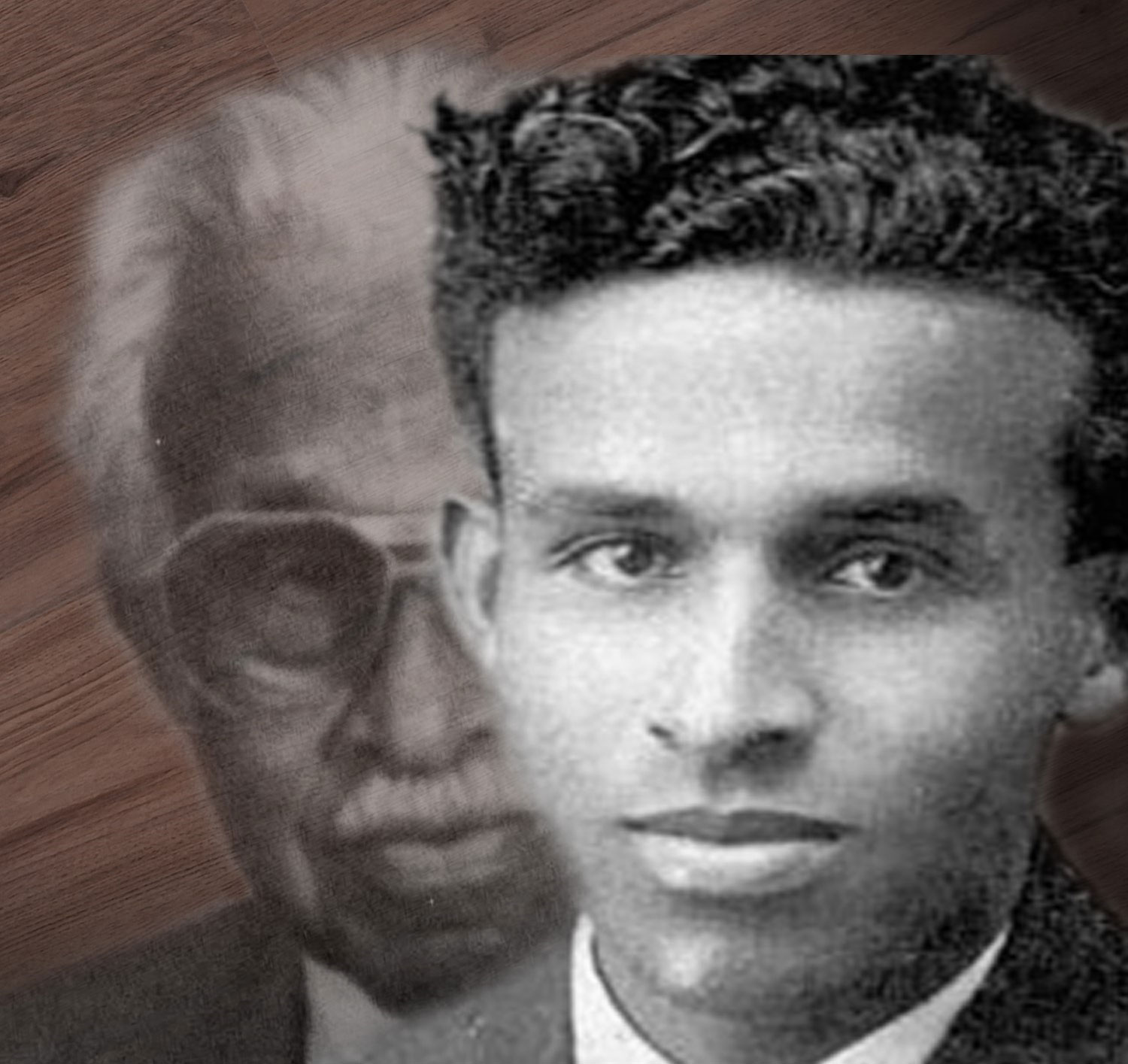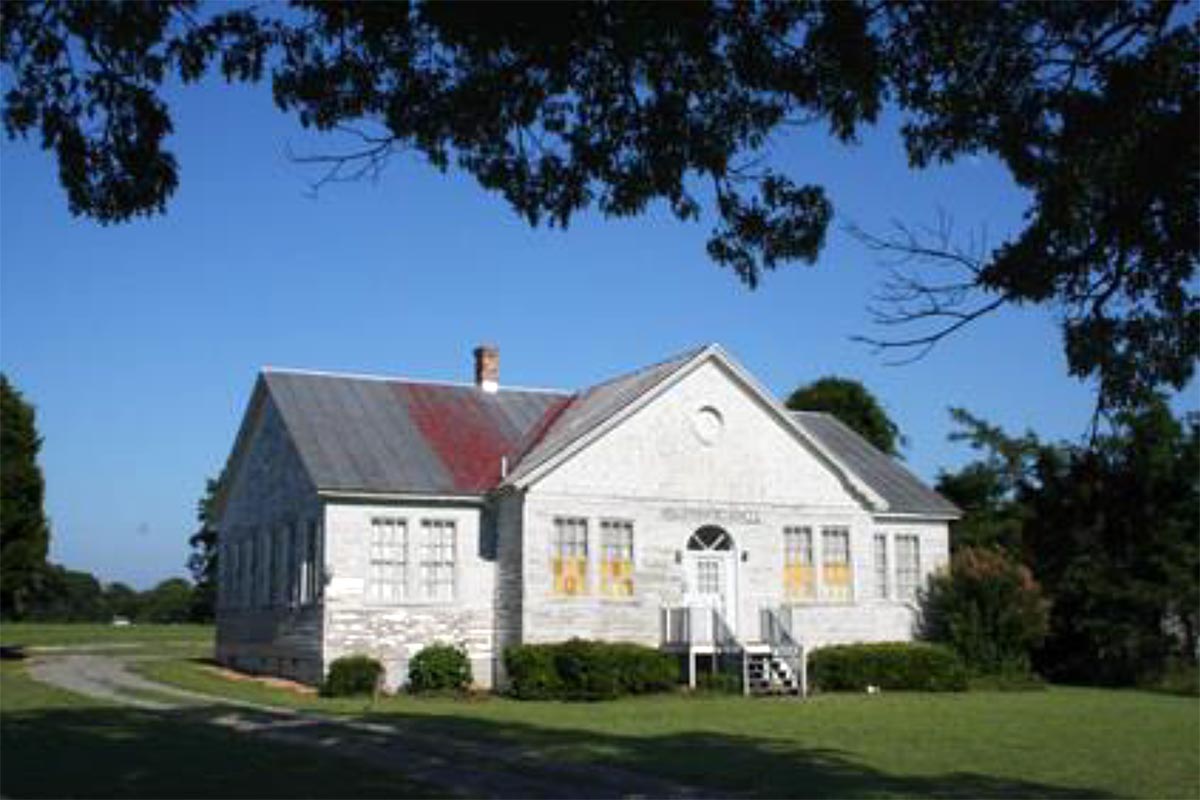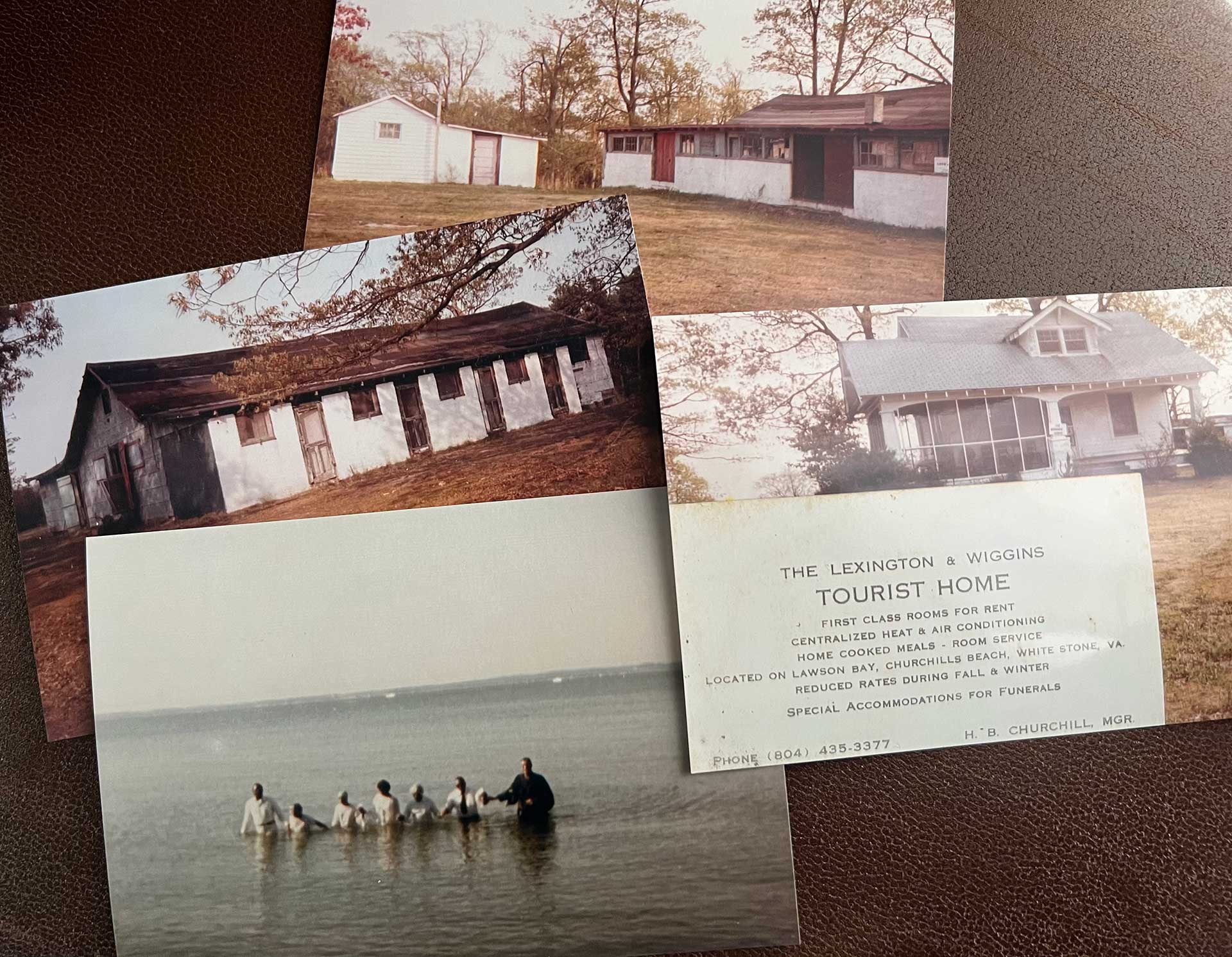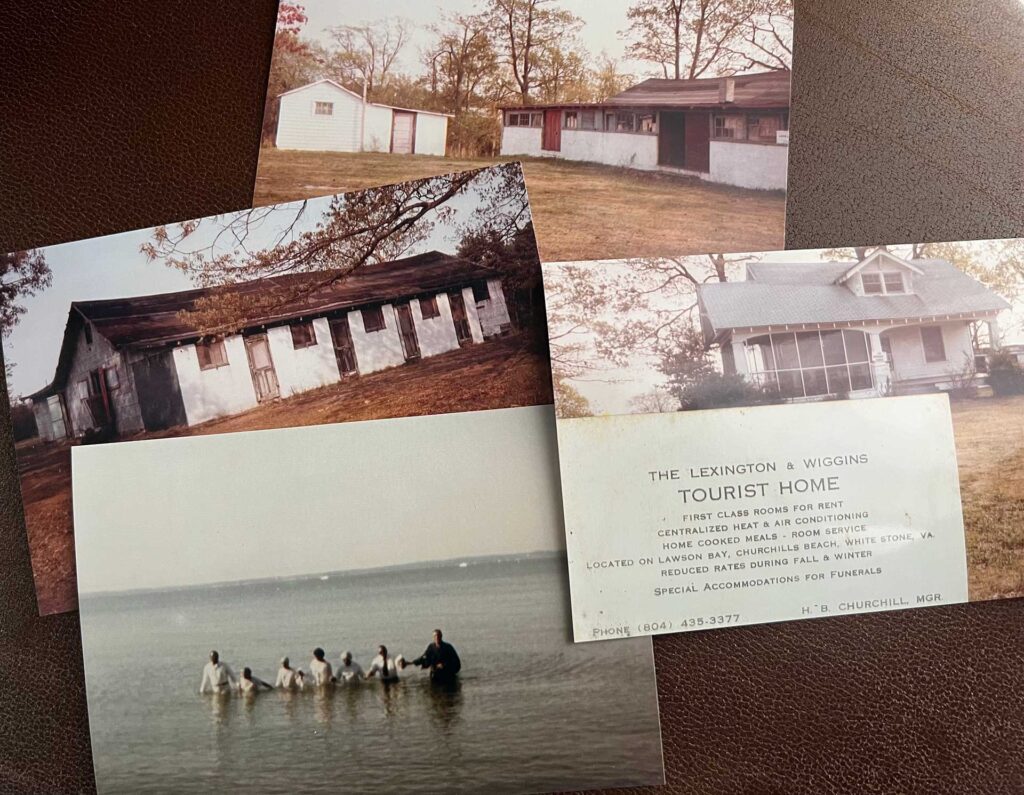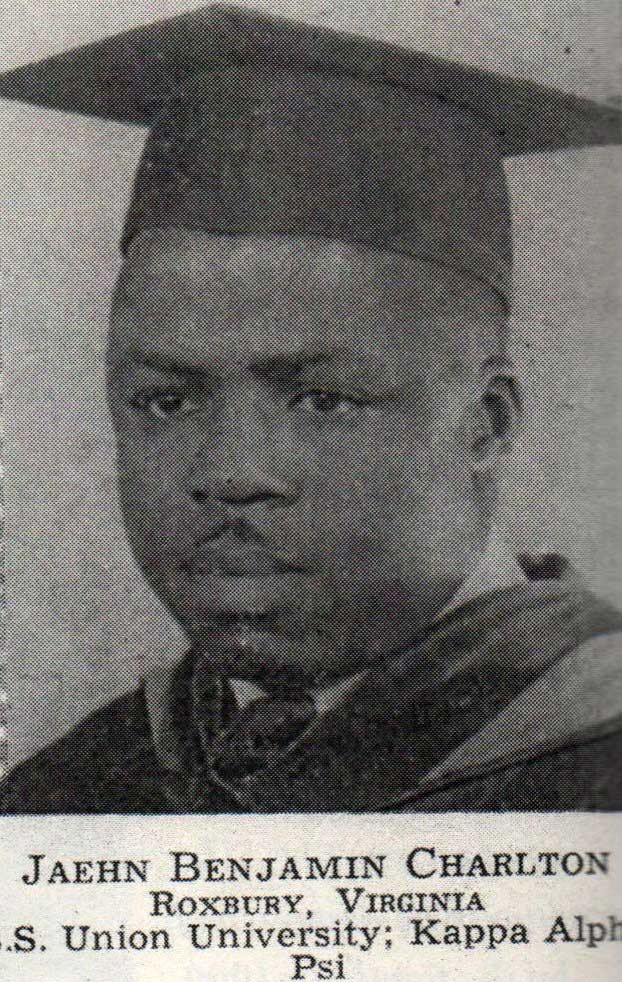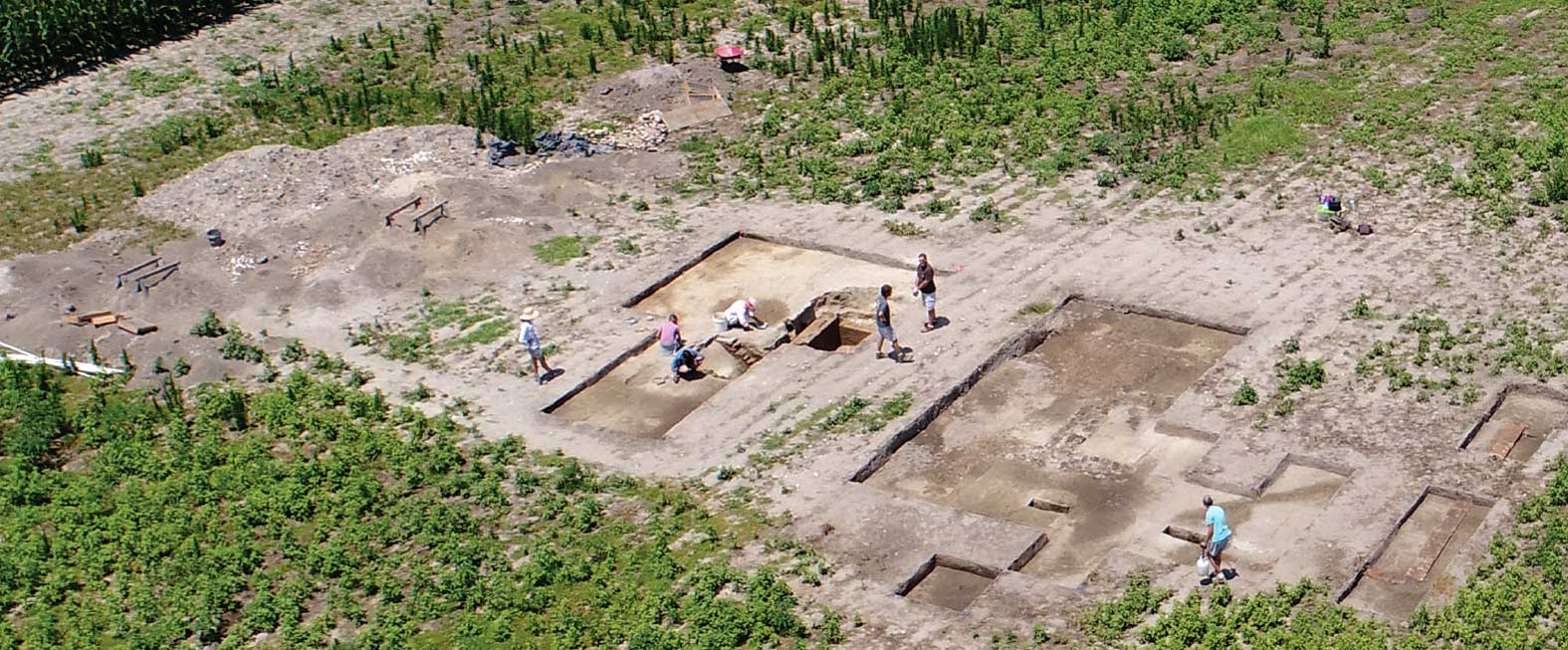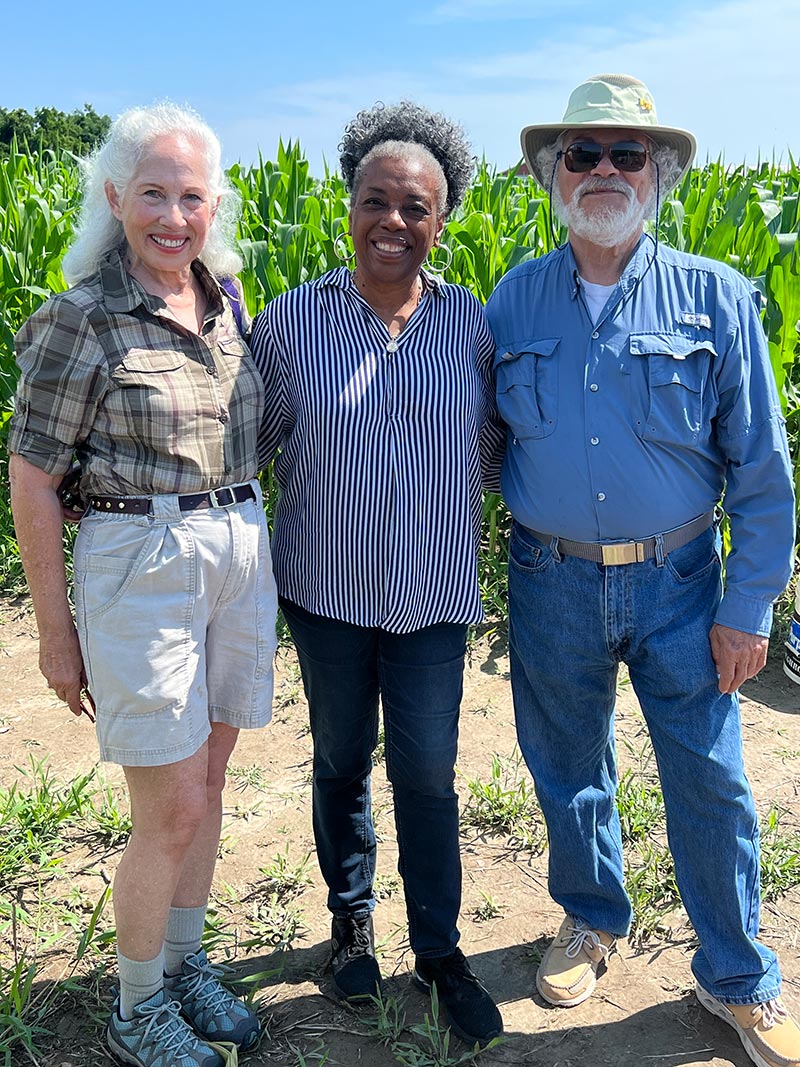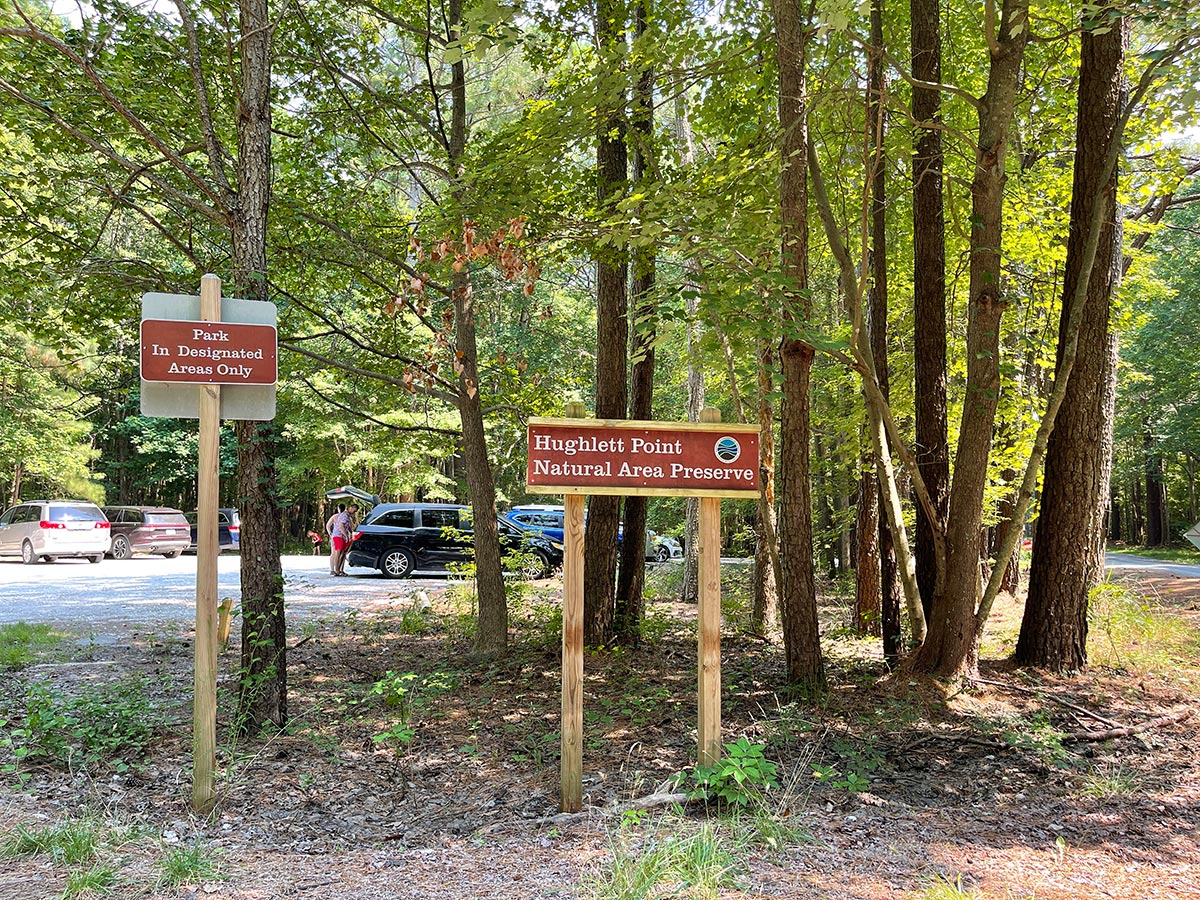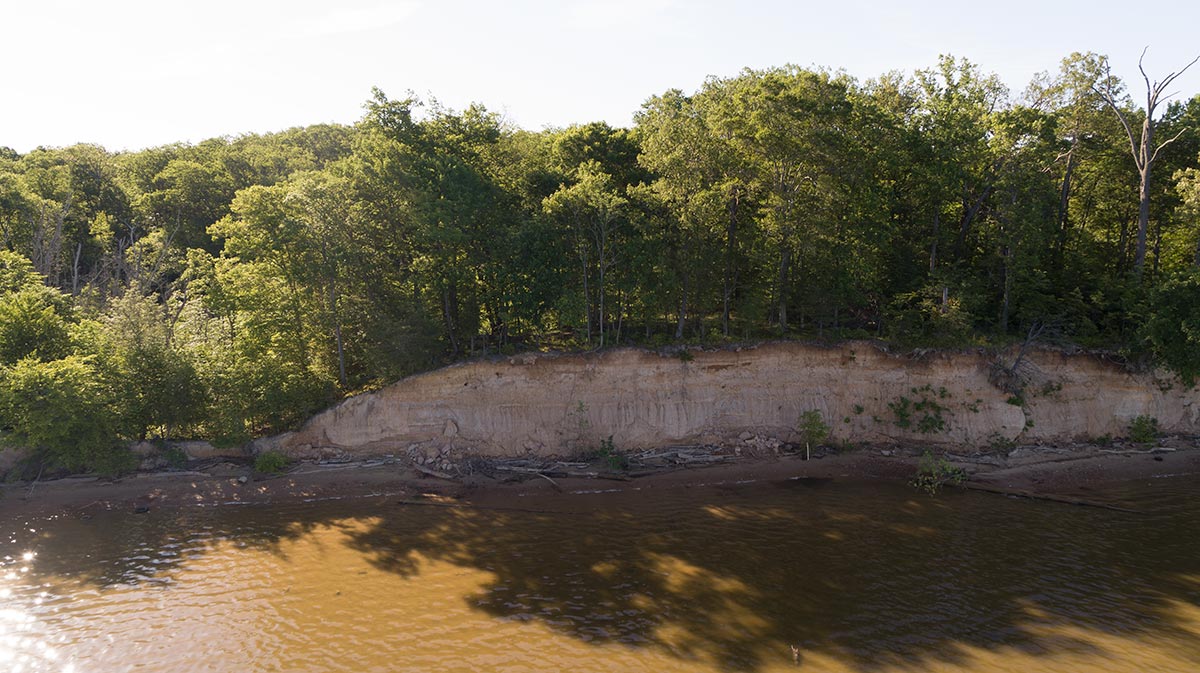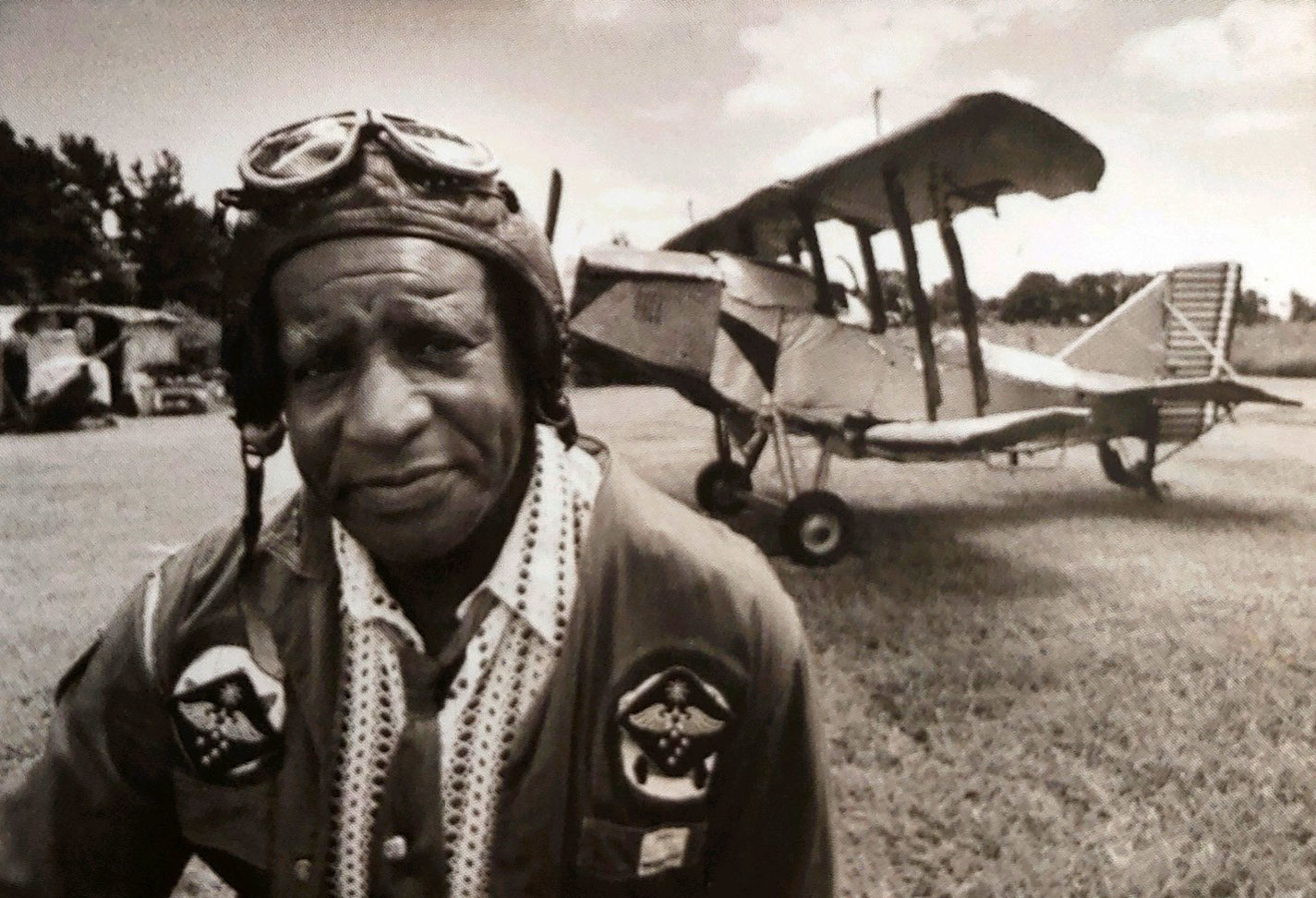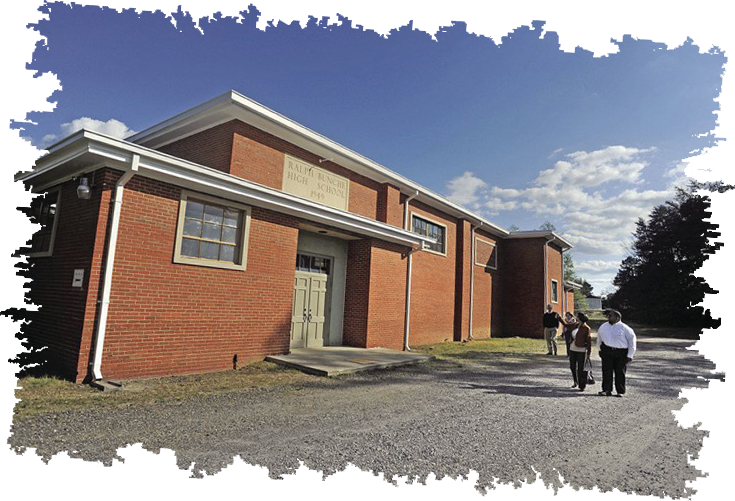The Plessy v. Ferguson decision of 1896, which enshrined the “separate but equal” doctrine, sought to create a legal basis for segregation by claiming that public facilities, including schools, could be separate as long as they were “equal.” However, in practice, this doctrine seldom delivered equality. The disparities between white and black schools were vast, with black schools receiving far fewer resources, inferior facilities, and inadequate educational opportunities.
In 1946, a courageous group of residents from King George County decided to challenge these inequities. They sued the local school board in what became known as Civil Action #631. The lawsuit focused on the glaring disparities in the construction, equipment, instructional staff, libraries, and transportation between the black and white schools. Led by civil rights attorneys Oliver W. Hill, Martin A. Martin, and Spotswood W. Robinson III of Richmond, Virginia, the plaintiffs fought for justice in a system that had long denied equality to Black students.
The King George School Board fought fiercely to maintain the status quo, but the persistence of the plaintiffs and their legal team paid off. In July 1948, U.S. District Judge Sterling Hutchinson ruled that the King George School Board had unlawfully discriminated against Black schoolchildren. The ruling was a monumental victory in the fight for civil rights and educational equality in Virginia.
As a direct result of this case, Ralph Bunche High School was opened on September 2, 1949. Named after Ralph Bunche, an African-American educator, diplomat, and Nobel Peace Prize laureate, the school symbolized both the triumph of legal action over injustice and the beginning of a new chapter in the fight for equal educational opportunities.
Ralph Bunche High School’s opening was not only a victory for King George County but also a significant milestone in the broader civil rights movement, demonstrating that the battle for equality in education was far from over, but that change was indeed possible. This landmark case helped pave the way for desegregation in Virginia and served as a reminder of the power of collective action and legal advocacy in the face of systemic oppression.
The story of Ralph Bunche High School and its roots in the courageous legal action of King George residents stands as a testament to the enduring struggle for justice and equality in education—one that continues to inspire efforts to break down barriers and ensure equal opportunities for all students.
